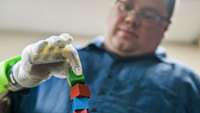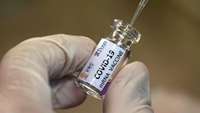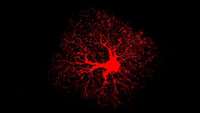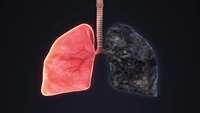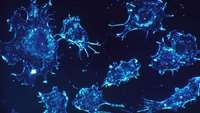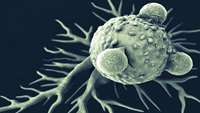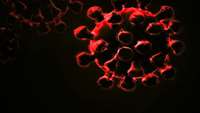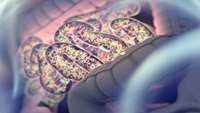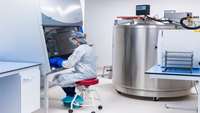'It's like you have a hand again': An ultra-precise mind-controlled prosthetic
In a major advance in mind-controlled prosthetics for amputees, University of Michigan researchers have tapped faint, latent signals from arm nerves and amplified them to enable real-time, intuitive, finger-level control of a robotic hand.
Experimental COVID-19 vaccine safe, generates immune response
An investigational vaccine, mRNA-1273, designed to protect against SARS-CoV-2, the virus that causes coronavirus disease 2019 (COVID-19), was generally well tolerated and prompted neutralizing antibody activity in healthy adults, according to interim results published online today in The New England Journal of Medicine.
Adult astrocytes are key to learning and memory
Researchers at Baylor College of Medicine reveal that astrocytes, the most abundant cells in the brain, play a direct role in the regulation of neuronal circuits involved in learning and memory. The findings appear in the journal Neuron.
COPD as a lung stem cell disease: Single cell cloning tells the story of abnormal cells
Two internationally renowned stem cell experts have found an abundance of abnormal stem cells in the lungs of patients who suffer from Chronic Obstructive Pulmonary Disease (COPD), a leading cause of death worldwide.
Controlling CAR T cells with light selectively annihilates skin tumors in mice
Bioengineers at the University of California San Diego have developed a control system that could make CAR T-cell therapy safer and more powerful when treating cancer. By programming CAR T cells to switch on when exposed to blue light, the researchers controlled the cells to destroy skin tumors in mice without harming healthy tissue.
New CAR-T target yields promising results for multiple myeloma
Too many patients with cancers like multiple myeloma relapse after treatment. This grim reality motivated researchers at Huntsman Cancer Institute (HCI) at the University of Utah (U of U) to try to improve the depth and durability of treatment response in multiple myeloma through a new cancer cell targeting mechanism.
Researchers cultivate mini lungs for SARS-CoV-2 research
A Bochum-based team intends to use organoids from stem cells to study the progression of SARS-CoV-2 infection and to identify antiviral substances.
Gut microbiome influences ALS outcomes
Harvard University scientists have identified a new gut-brain connection in the neurodegenerative disease amyotrophic lateral sclerosis, or ALS. The researchers found that in mice with a common ALS genetic mutation, changing the gut microbiome using antibiotics or fecal transplants could prevent or improve disease symptoms.
Preclinical study offers hope for Hirschsprung's disease
Babies with Hirschsprung's disease are born with an incomplete or absent gut nervous system. Children's Hospital Los Angeles investigator Tracy Grikscheit, MD, runs a laboratory that investigates the therapeutic potential of tissue engineering—the induced growth of healthy tissue using stem cells.
Abu Dhabi stem cell center develops ‘promising’ new COVID-19 treatment
An aerosol treatment for the coronavirus disease (COVID-19) developed by a team of doctors and researchers in the UAE had shown “promising” results, the Emirates News Agency (WAM) reported on Friday.


